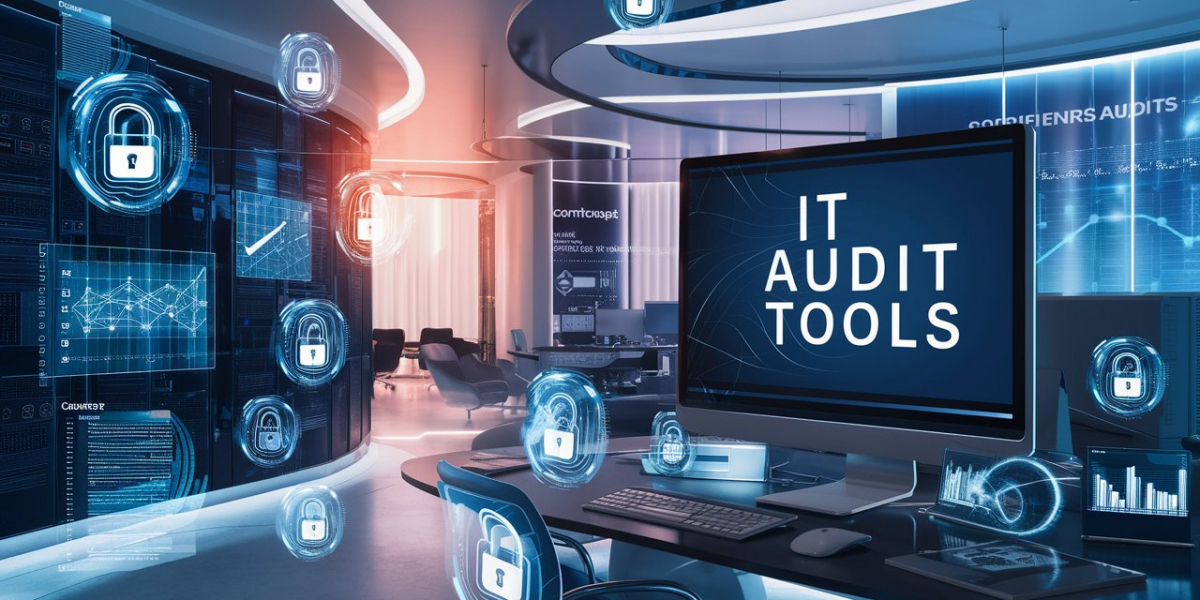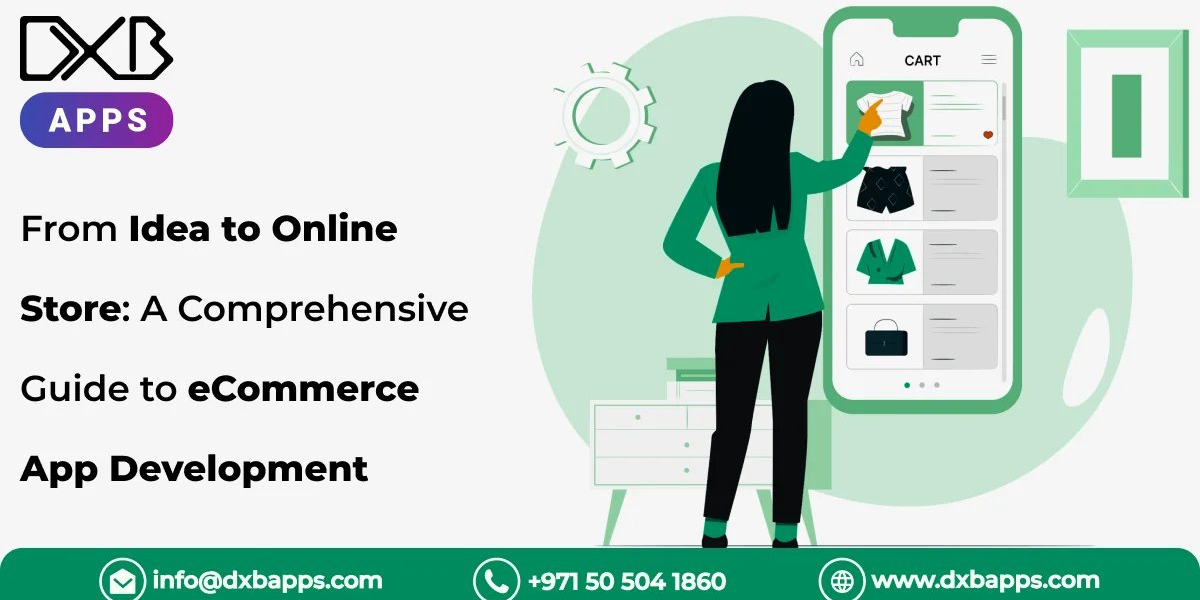In today's digital age, businesses rely largely on technology to run smoothly. With the development of cyber risks and regulatory obligations, it is critical to ensure the security, compliance, and efficiency of your IT infrastructure. IT audit tools are intended to assess and improve the security, performance, and compliance of information systems. This article discusses the significance of IT audit tools and highlights the finest solutions available to assist firms in protecting their data and maintaining efficient operations.
What is an IT Audit Tool?
An IT audit tool is software that evaluates, monitors, and reviews an organization's IT systems and processes. Auditors can use these technologies to uncover flaws, inefficiencies, and noncompliance with regulations such as GDPR, HIPAA, and PCI-DSS. They concentrate on several facets of IT, including as security, network performance, software compliance, and hardware infrastructure.
Key Features to Look for in IT Audit Tools:
- Security Auditing: Ability to detect vulnerabilities, malware, and unauthorized access attempts.
- Compliance Monitoring: Ensures the organization meets industry standards and regulations.
- Network Monitoring: Tracks the performance and security of network infrastructure.
- Automated Reporting: Generates reports for compliance audits, system performance, and risk assessment.
- Data Integrity: Ensures the accuracy, confidentiality, and integrity of sensitive business data.
Top IT Audit Tools to Consider:
- SolarWinds Network Performance Monitor: SolarWinds is an advanced network monitoring solution that helps IT teams detect network issues, optimize performance, and improve overall system efficiency. It's particularly helpful in identifying potential security risks and system vulnerabilities.
- Qualys Guard: Qualys Guard is a cloud-based IT audit tool that offers comprehensive security audits. It provides vulnerability scanning, patch management, and compliance monitoring to ensure organizations maintain high security standards.
- Nessus: Nessus is one of the most widely used vulnerability scanners, known for its comprehensive coverage of vulnerabilities, misconfigurations, and compliance gaps. It’s essential for identifying security flaws that could be exploited by cybercriminals.
- AuditBoard: AuditBoard is an enterprise-level auditing tool that helps businesses manage compliance and internal controls. It offers seamless integration with other business tools and ensures that audit procedures are both efficient and thorough.
- ManageEngine ADAudit Plus: A tool focused on auditing and monitoring Active Directory environments, ADAudit Plus enables businesses to track user activity, manage access controls, and ensure compliance with corporate and regulatory policies.
Start Your Free Trial! https://axonator.com/request-for-demo/
Why IT Audit Tools are Essential:
- Security Enhancement: They provide continuous monitoring of systems, ensuring early detection of threats.
- Regulatory Compliance: Helps organizations maintain adherence to legal and industry standards.
- Cost Efficiency: By identifying inefficiencies or breaches early, these tools can help prevent costly issues.
- Operational Efficiency: Streamlines the audit process with automated reports and analysis, saving time and resources.
Best Practices for Using IT Audit Tools:
- Regularly update and patch audit tools to stay ahead of evolving threats.
- Integrate audit tools with other IT management systems for more comprehensive monitoring.
- Train IT staff to effectively use these tools and interpret their findings.
- Maintain a clear audit trail and review results periodically to identify potential risks.
Implementing the right IT audit tools is crucial for businesses to safeguard their technology infrastructure, comply with industry regulations, and ensure operational efficiency. With a wide range of tools available, selecting the right one depends on the unique needs of your business, from network performance monitoring to data security and regulatory compliance.
Investing in IT audit tools isn’t just about protecting data—it’s about building a resilient business environment. Equip your organization with the tools it needs to stay secure and compliant in today’s rapidly evolving digital landscape.









